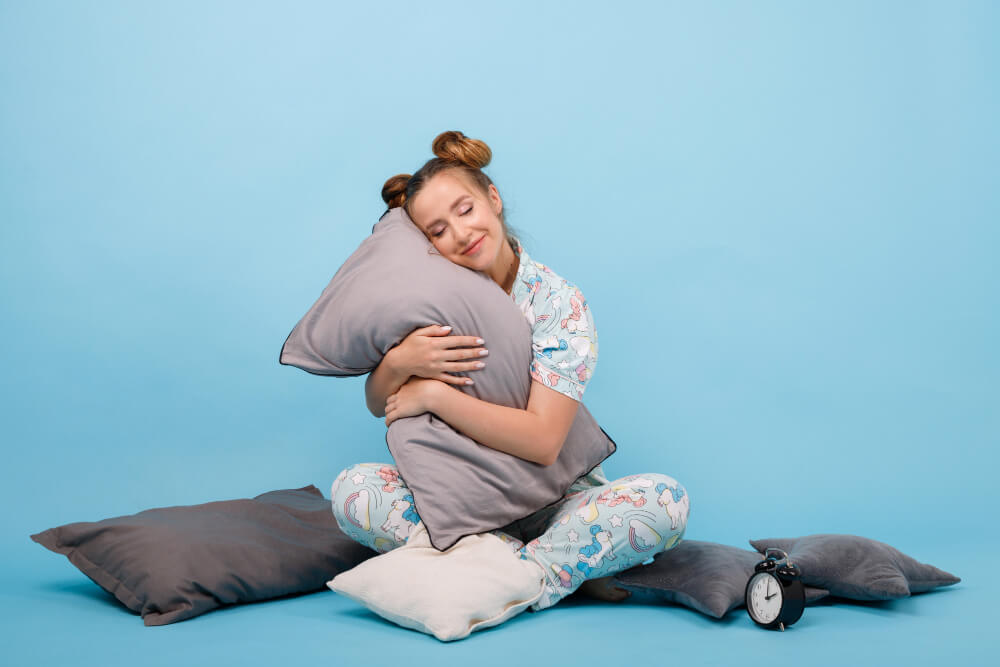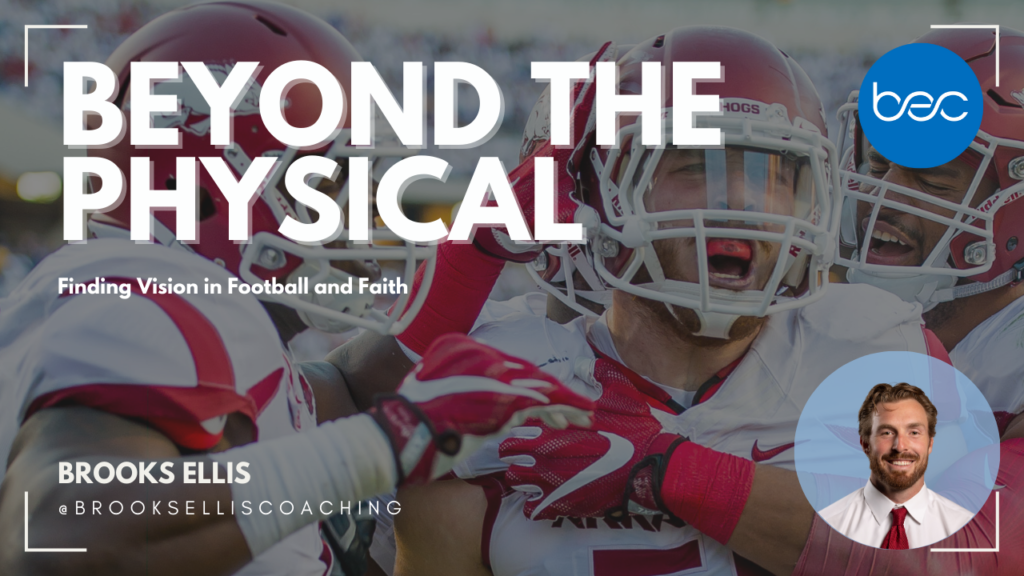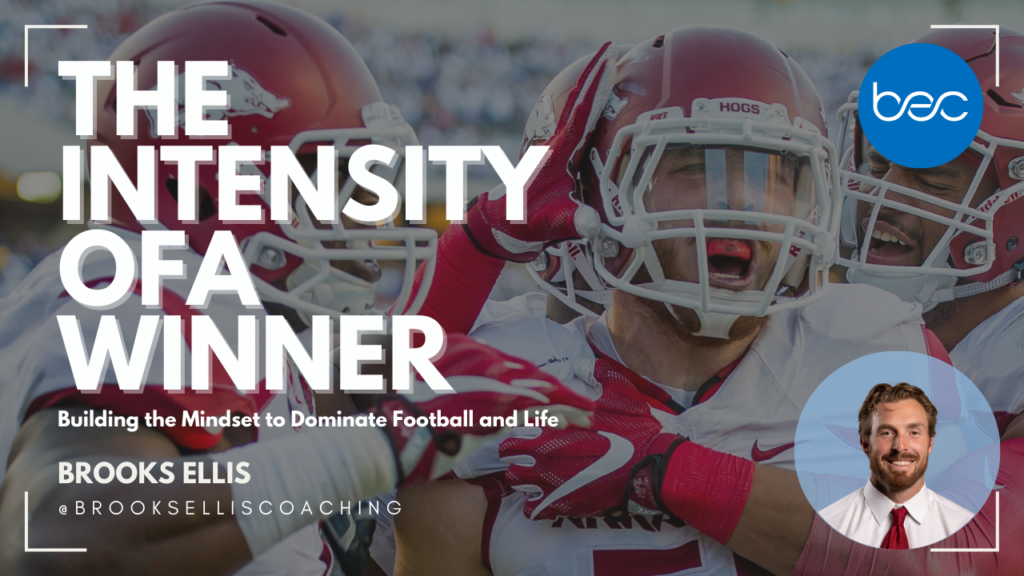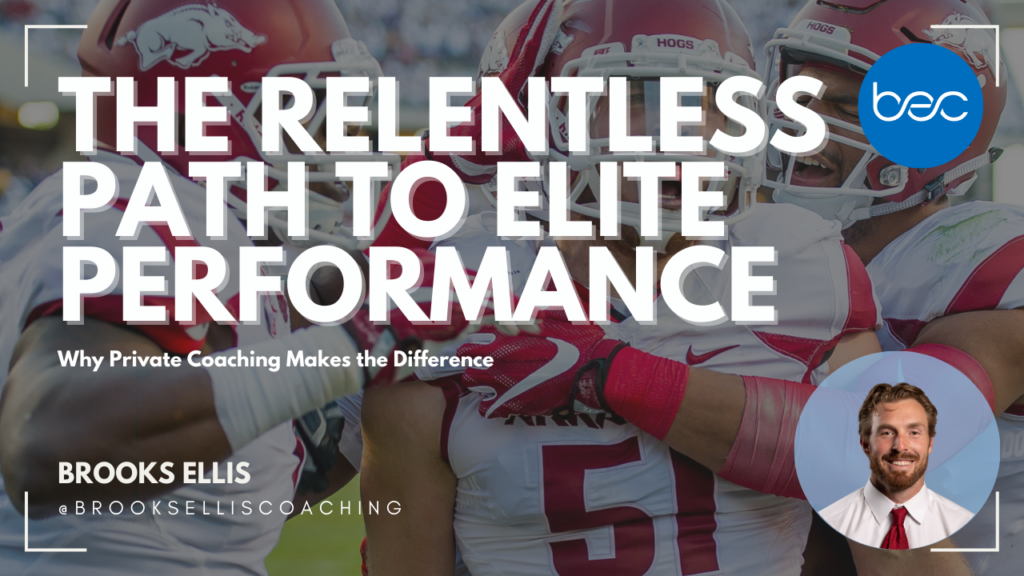Safe to say that Sleep is FREAKING HARD. No matter what I do to have a perfect nights sleep, something always happens that makes me toss and turn, too hot, or wake up at 6 when ideally I’d wake up at noon. It’s hard there’s no doubt about it. For the people that can sleep in any position, at any time, and for pretty much ever, God bless you. You’re gifted.
I used to think nothing of sleep. I used to think that whatever I did during the day should make up for the lack of sleep that I got, such as more drinking coffee or exercising more would solve the problem. I probably spent my entire childhood in a deep state of sleep deprivation. Kidding. I worked on a clock. Every morning I would wake up at 6, on the dot, and go to bed the next night around the same time (10ish) unless it was the weekend and I planned to spend it gaming until 2am. (Call of Duty Modern Warfare anyone? RUST?? NUKES??)
I didn’t think anything of it. I had allergies. I was awkward. I struggled with anxiety from public speaking, or even speaking in front of a classroom, still do. it wasn’t until I started intermittent fasting and really honing in on optimal health that I took care of my sleep. Once I did, it was a GAME CHANGER. There is no better PED than sleep. I’ve tried them all (No I haven’t). Seriously, I would wake up feeling refreshed, excited about the day, FULL of boundless energy, and honestly excited to repeat the process to do it again the next night.
We spend about a third of our lives asleep, more or less. Researchers have clinically proven that getting even just an hour less sleep a night can disrupt your metabolism, energy, and performance for the next day (Walker, 1). We are biological, physical creatures created by God who must sleep to live, and if we want to THRIVE, we must make it a priority instead of an afterthought.
To thrive is to grow or develop well or vigorously. To constantly grow as people and lead others to do the same is our goal and purpose. We all know that getting a poor night’s sleep leads to decreased performance and vitality the next day, but we stay up anyways because we believe that the TV show we’re watching will keep us happy.
“Do we want to be entertained or do we want to be actualized?” – Brian Johnson
Each time we mindlessly look at Social Media, we lose a bit of our willpower and happiness. We look to our phones for instant sources of joy or excitement and fail to address the issues plaguing our daily lives, much less resolve them. Studies have shown people are even less connected and more depressed than ever, despite having more connection and access to “entertainment.”
“It is no measure of health to be well-adjusted to a profoundly sick society.” – Jiddu Krishnamurti
So, how do we show up as our absolute best, thrive, and become a positive example for others? Sleep. Sleep enhances memory, creativity, attractiveness, optimal weight, happiness and diminishes cancer risk, dementia, onset, cold, flu, diabetes, and anxiety (Walker, 1). We can even do individual, N=1 experiments to see that sleep gives us the ultimate ability to live a great life. Get 8 hours of sleep, and you feel rested, energized, recovered, and ready for a fantastic day. Conversely, get 5 – 6 hours of sleep, and you’re still making it, but not as sharp or as patient as you need to be on the day when you’re leading your team through a stressful situation. It gives us the ability to be at our peak.
Sleep deprivation not only affects our perception of well-being but also improves our interactions with others and sends ripples of positive energy throughout the world by impacting each person you come across, which then has the potential to spread to each person they interact with. It starts with sleep.
And it starts the night before. Good sleep begins as you’re winding down. When do you eat your last meal? That matters. Your body needs to direct its energy towards resetting the mind instead of digesting the food you most recently ate. How late are you stimulating yourself with screens or phones or work? Preferably 1-2 hours before bed, we need to start winding down and limiting the amount of stimulation our body receives, especially from artificial blue light that suppresses melatonin secretion that harms our ability to fall asleep and dream later in the night. If we’re looking at our texts and emails late, too, we are giving our brains hits of dopamine, much like hits of sugar or cocaine would do, that resets our body’s natural tendency to wind down as the sun begins to set. All these things make a difference whether you can discern a visible difference or not.
Maybe you sleep ideally despite doing these things, but who are you to decide that you’re better than our natural rhythms as biological animals? We’ve only had this technology for a short time; how do we know what long-term effects it will have on us? What happens later in life when we’ve created these bad habits and find it even harder to get rid of them, and our sleep is in ruins. Our bodies have memory, and once it’s tainted, it’s tough to get it back (Sadhguru, 2). For example, let’s say you’re an alcoholic. It’s shown that once you destroy your mind and body, it will never be the same. You’ll always have that tendency to drink, and your body won’t work nearly as optimally as it could’ve previously. And I’m not judging alcoholics. I’m simply making an analogy between them the detriment of living under sleep deprivation. You can’t unpickle a pickle.
Let’s prioritize sleep. The world needs more people ALIVE and at their best, instead of sleep-deprived, cranky, and underperforming. You got this!
References:
-
Walker, Matthew. Why We Sleep. Penguin Books, 2018.
-
Sadhguru on body based relationships: Keep it as simple as possible! OnePath. 11/13/2018. https://www.youtube.com/watch?v=gcmkmOqT63Y







